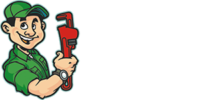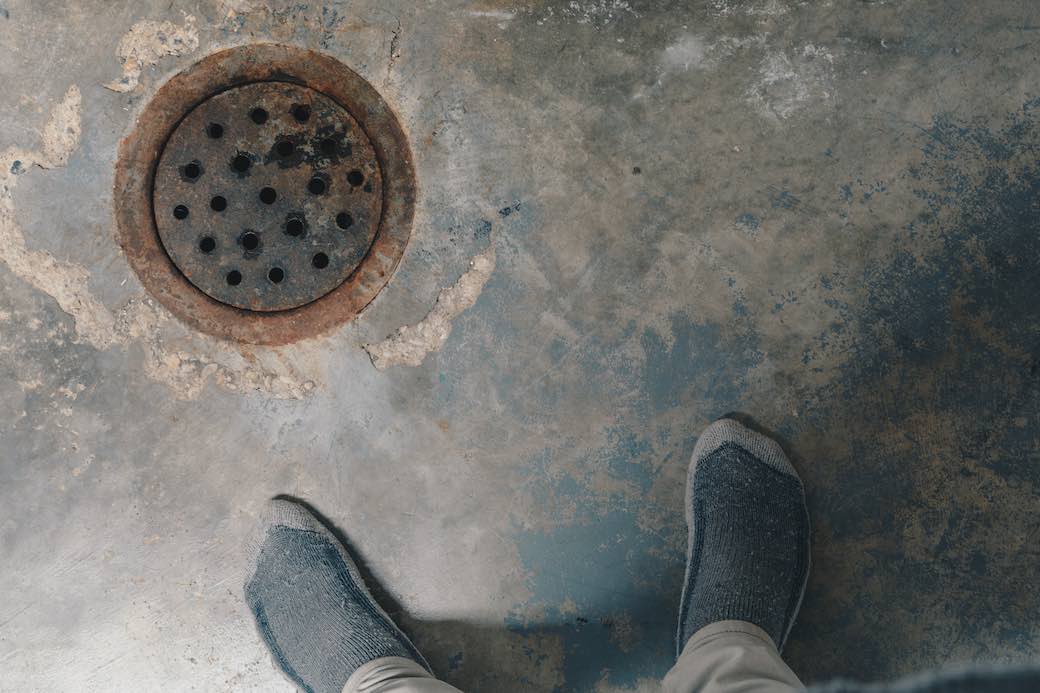If you’ve ever had your property’s sewage system backup, you know how time-consuming and costly it can be. The unpleasant scents, debris, potential water damage, and many other elements are just a few risks that can result from a sewer backup. While the risk of backup isn’t completely avoidable, there are many things you can proactively do to minimize the chances of a backup occurring.
What is a Sewer Backup?
Before exploring the best preventative measures to stop a sewer backup from occurring, let’s break down what a sewer backup is. A sewer backup is when sewage or visibly dirty water comes back up your toilet, floor drain in your basement, sinks, or other drains on your property. It usually occurs as a result of a blockage somewhere along the main sewer line to your property. You can read our blog discussing identifying line blockages here.
How Do I Know if a Sewer Backup is About to Happen?
There are a few factors you can look out for that might indicate a sewer backup is about to occur.
These Include:
- Strong odours near drains, sinks, and toilets
- Gurgling noises near drains and toilets
- Drains are moving slower than usual
- Water randomly backing up into your tub
How Can I Prevent a Sewer Backup?
There are multiple preventative measures you can take to minimize the chances of a sewage backup occurring.
Install A Backwater Valve: A backwater valve ensures that the water/sewage leaving your property does not re-enter. It acts as a one-way gate for sewage to ensure the safety of your property. This prevention device can be installed in the basement level of your property, with easy access for maintenance purposes. If you are unsure if you have a backwater valve on your property, or would like an existing one inspected, contact us today.
Be Cautious of What You Are Putting Down Your Drains: Food, grease, hair, and other debris should not be sent down your drain. The same applies to paper materials going down your toilet. While toilet paper is designed to dissolve when flushed, other hygiene products such as cotton balls, feminine hygiene products, and paper towels are not designed to be disposed of this way.
Flushing these materials down your drain increases the risk of blockages that can result in sewage backups. Ensure you are properly disposing of not liquid waste with other solid garbage to protect the integrity of your drains and sewage line leaving your property.
Preventative Maintenance: Even if you’re not experiencing symptoms indicating a potential backup, booking regular maintenance to clear your line helps to proactively decrease the risk of sewage backup.
Hydro Jetting: Hydro jetting can be used as a measure to clear your line. If you suspect drain pipe issues, Hydro jetting your pipes as a preventative measure will reduce your chances of a backup.
Contact Wentworth Plumbing Today!
Navigating sewage backup prevention can be confusing but detrimental to your property if left unaddressed. Contact us today to review options for preventative solutions and handling unwanted sewage backups.

